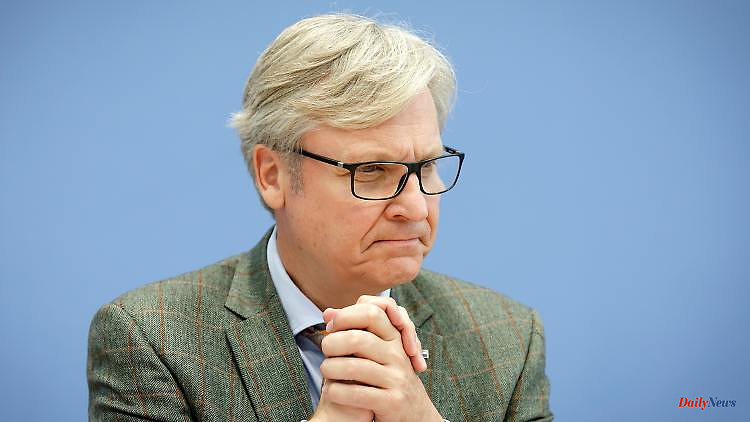The energy crisis is having a huge impact on many companies. According to the German Chamber of Industry and Commerce, many companies are facing an energy cut because they no longer have supply contracts. Against this background, the acceptance of nuclear energy is growing.
The Association of German Chambers of Industry and Commerce (DIHK) has called on politicians to provide sufficient energy in view of the plight of many companies. "Here, the phones are running hot from companies that no longer get any supply contracts, i.e. that no longer get energy from January," said DIHK general manager Martin Wansleben on Deutschlandfunk. It is important not only to help companies that are in need - but to ensure in advance that there is enough energy. "The fear is great."
In view of the current situation, from Wansleben's point of view, nuclear energy should not be dispensed with for the time being. "Now we have to play it safe," he said. There are contentious discussions on the subject in our own ranks. There are, of course, many who have nothing to do with nuclear power. "But the scales have clearly turned now." The government must make sure "really get security back in now".
Federal Minister of Economics Robert Habeck intends to keep two of the three remaining nuclear power plants operational as an emergency reserve until mid-April. In the course of the nuclear phase-out, all German nuclear power plants should have been finally shut down at the end of this year. FDP and Union are pushing for all three power plants to continue operating.
In the Bundestag, Habeck announced comprehensive help for affected companies. "We will protect German companies and German SMEs," he said in the budget debate. This should be done for a limited time, until efforts at national and European level to curb the high electricity and gas prices would take effect. Habeck referred to the existing energy cost containment program for industry. This should now also be open to small and medium-sized companies.
However, in the long run it will not be possible "to subsidize the high prices," the minister admitted. Therefore, the government will "change the electricity market design in such a way that cheap costs are passed on to consumers". This is more complicated on the gas market, but there should also be corresponding efforts to lower prices.












